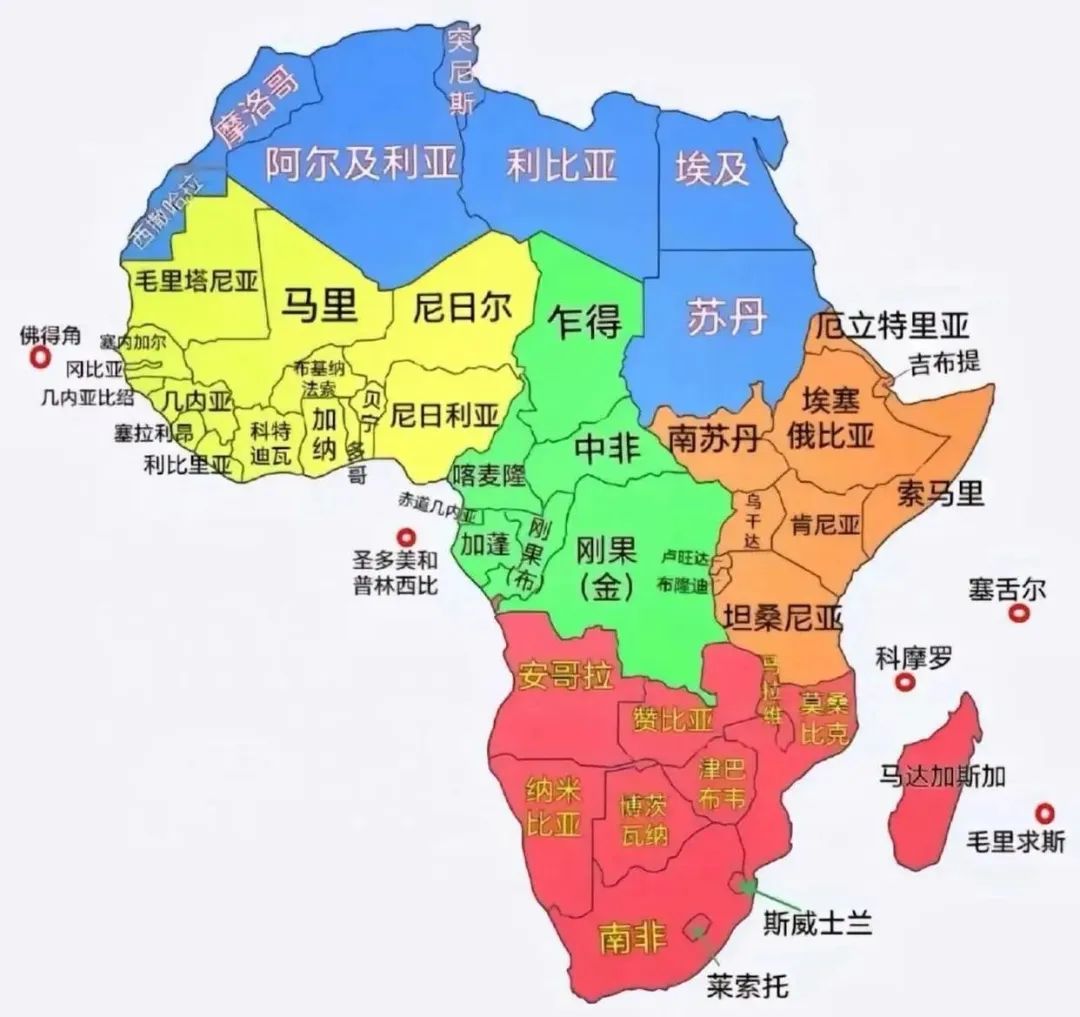The 137th Canton Fair is very popular this time, and we can see many African buyers coming to purchase. However, many factories or exporters tend to overlook the most important issues of African certification and customs clearance documents when exporting to Africa, resulting in fines upon arrival at the port. So, what certification and customs clearance documents are needed for exporting to Africa?

The first category: COC certification certificate.
The abbreviation for COC in Africa is the certificate of conformity for products exported to Africa. In order to ensure the quality of imported products, prevent underreporting and concealing the value of goods, prevent local tax losses, prevent unsafe products from entering the country, endanger national health and safety, and consider environmental protection, some countries require importers and exporters to entrust third-party inspection and certification agencies to inspect products before shipment, issue product qualification certificates (COC certificates) for products that meet the standards of the importing country, and ensure smooth customs clearance of goods in the importing country. Otherwise, they will not be imported, involving multiple categories such as food, chemicals, textiles, electronics, and machinery. The main countries that require COC certification are:
1. SONCAP certification in Nigeria
The COC certification system in Nigeria is known as SONCAP (Standard Organization of Nigeria Conformity Assessment Program). Despite SONCAP's unique certification process and requirements, exporters still need to apply for and obtain a conformity certificate before shipment to ensure that the product meets Nigeria's standards and requirements.
2. Kenya PVOC certification
COC certification is called PVOC (Pre Export Verification of Conformity) certification in Kenya, and there are three methods, including batch inspection, product registration certificate+COC certificate for each batch of goods, and product form approval certificate. We need to provide packing lists, invoices, test reports, and IDF (Import License) documents.
3. Tanzania (PVOC)
Tanzania's COC certification system is also based on the PVoC program, which requires all regulated products to obtain a conformity certificate before export. The COC certification system in Tanzania plays an important role in protecting consumer rights and maintaining market order.
4. COC certification in Ethiopia
The Certificate of Conformity (COC) certification in Ethiopia is a compliance certification system implemented by the Ministry of Trade of the Federal Democratic Republic of Ethiopia to ensure that imported products comply with domestic technical regulations, mandatory standards, or other approved equivalent standards.
In recent years, with the development of Ethiopia's economy and the increase in foreign trade, the Ethiopian government has implemented a COC certification system to ensure the quality, safety, and environmental friendliness of imported products. This system aims to protect domestic consumers from the impact of low-quality, unsafe, or non environmentally compliant products, while promoting the sustainable development of international trade.
5. Uganda COC certification
Cameroon: Starting from November 15, 2021 (bill of lading date), all products shipped to Cameroon (except for exempted products) are required to undergo the Cameroon Pre Shipment Evaluation of Conformity (PECAE) and obtain a COC certificate after passing relevant certifications. This certificate is a necessary document for customs clearance.
来源:欧证通
PREV:Foreign trade opportunities on the "Belt and Road" - Algeria chapter
NEXT:NONE